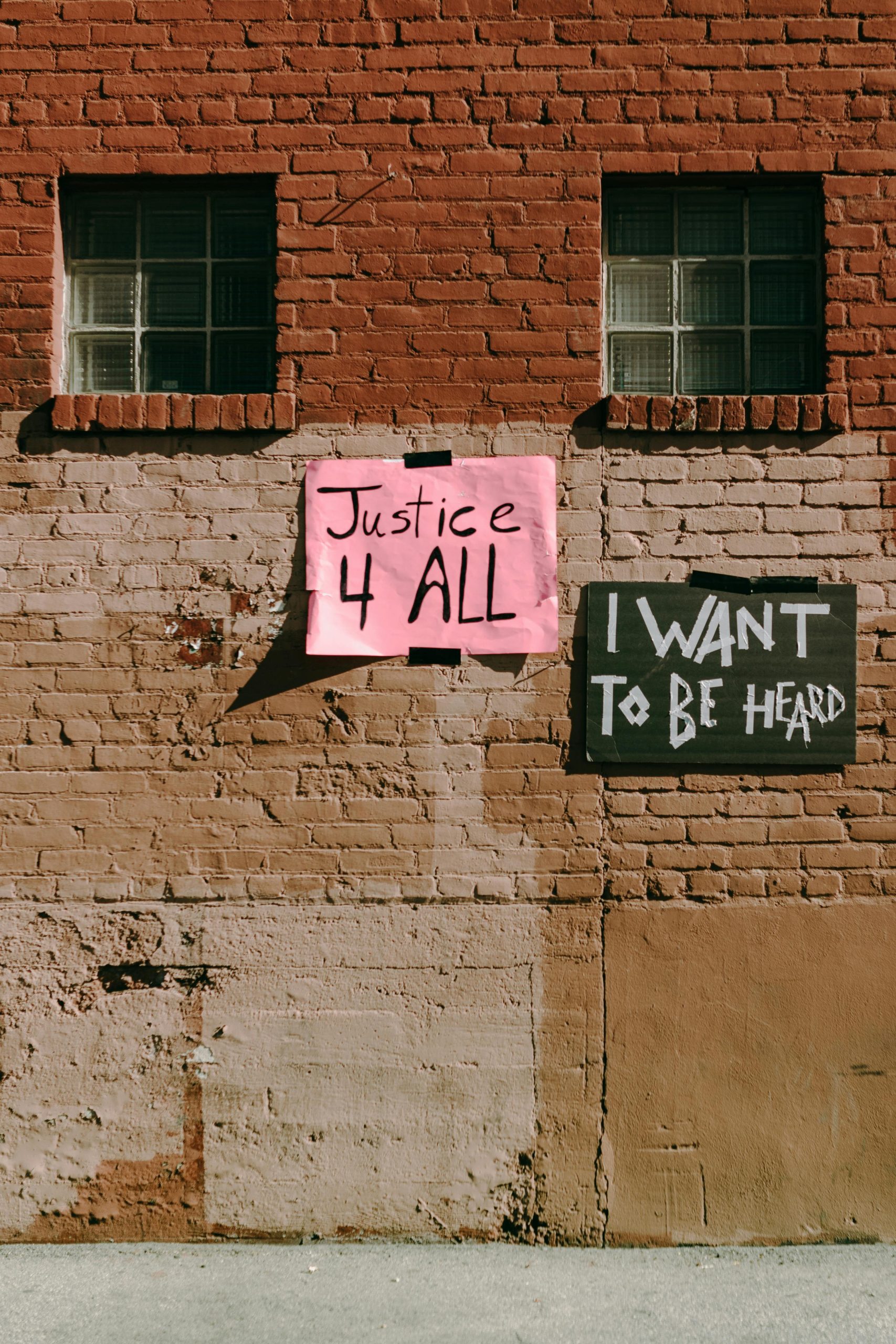What to Do When Someone Hits Your Car and Drives Away
Picture this: a seemingly mundane trip to the grocery store turns into an unexpected incident when a stranger’s truck, in the process of reversing, collides with yours. You’re reversing into a parking space when you witness the accident unfold, all caught on your dash cam. After parking, you step out to inspect the damage and confront the driver—only to find they’ve driven away without a word.
With only a few minor scratches on your vehicle, you find yourself facing a dilemma: should you involve your insurance company over such a small matter, or is it best to simply move on?
Assessing the Damage
First and foremost, examine the extent of the scratches. If they are truly negligible and can easily be buffed out, you might consider handling the situation without insurance involvement. However, have a professional assess the damage to ensure there are no hidden issues.
Considerations for Insurance
If you opt for insurance, remember that filing a claim could potentially increase your premiums, depending on your policy’s specifics and your insurer’s policies. Weigh the cost of slight premium adjustments against out-of-pocket repairs.
Reporting the Incident
Given that the other driver left the scene, you might want to report the incident to local authorities, especially if you were able to note down the license plate number. This record could be important if you decide to report it to your insurance or if future complications arise.
Making Your Decision
Ultimately, deciding whether to take further action hinges on various factors, including your comfort with the level of visible damage, potential future issues, and your insurance policy’s particulars.
In incidents like these, the disappointment stems not just from the damage but from another driver’s disregard for accountability. Whichever path you choose, remember that your peace of mind and vehicle’s well-being are top priorities.




I’m sorry to hear about your experience, but it’s great that you took proactive steps by using your dash cam to record the incident and noting the license plate. Deciding how to handle the situation requires weighing a few factors, both legal and practical.
1. Report the Incident to the Police:
First, it’s generally a good idea to report a hit-and-run incident to your local police, even if the damage seems minor. This creates an official record of the event, which might be useful if further issues arise, or if you decide to file an insurance claim. Provide them with all the details, including the dash cam footage and the license plate number. The police may be able to help identify the driver.
2. Assess the Damage:
Even if the scratches seem minor now, it’s worth getting your vehicle professionally evaluated to ensure there’s no underlying damage that might not be immediately evident. Sometimes structural issues aren’t visible right away.
3. Contact Your Insurance Company:
Informing your insurance company about the incident can be beneficial, even if you initially decide not to file a claim. They can provide guidance on whether it’s worth pursuing a claim based on the potential repair cost versus your deductible. They may also offer options that you hadn’t considered.
4. Consider the Financial Aspect:
If the cost of repairs is less than your insurance deductible, or just slightly above it, you might choose to pay out-of-pocket to avoid a potential increase in your insurance premiums. However, discussing this with your insurer can help you make an informed decision.
5. Follow Up on Legal Obligations:
Since hit-and-run laws vary by location, check what your legal obligations are. In some jurisdictions, failure to report could affect your insurance coverage.
6. Keep Records:
Ensure you keep a record of everything related to the incident, from the footage to any communication with police and insurance. This documentation will be invaluable if you need to pursue further action.
7. Consider Resolution Options:
If the driver is identified, you might have an opportunity to resolve the issue outside of insurance, such as through a private settlement. This could save both parties time and money, provided you feel comfortable with this option.
While dealing with a hit-and-run is frustrating, especially when the damage seems minor, taking these steps can help ensure you’re protected in case the situation escalates or the damage is more significant than it appears. Stay calm and take it one step at a time. If you have any